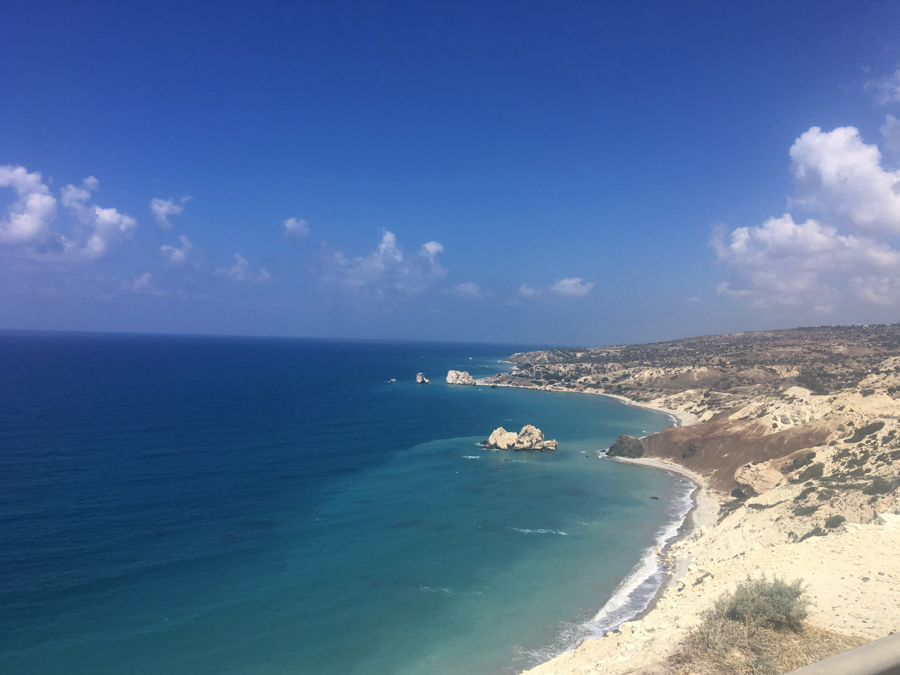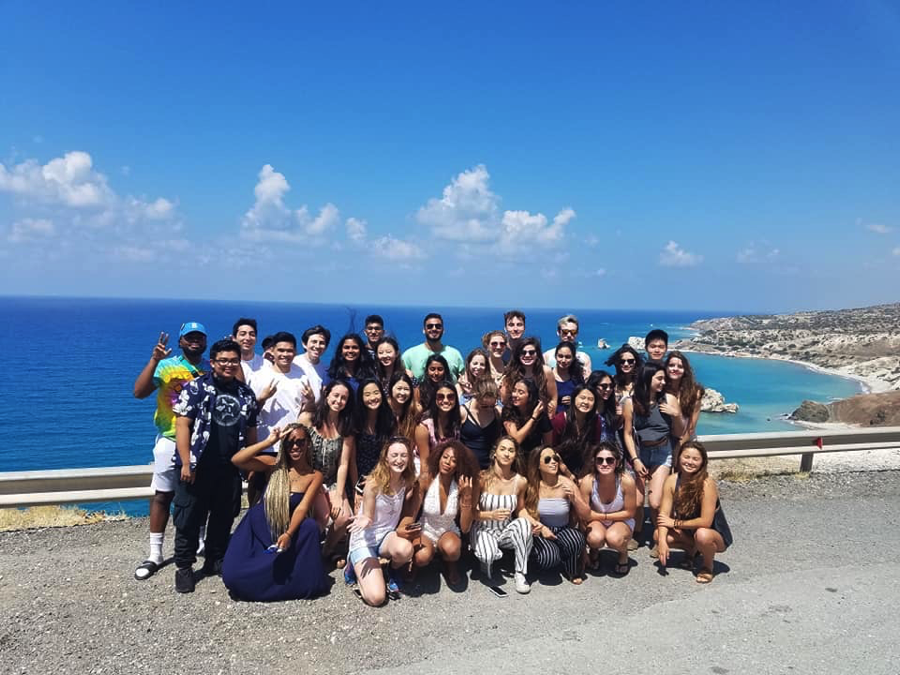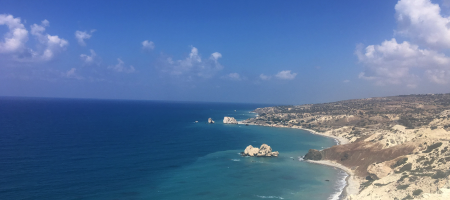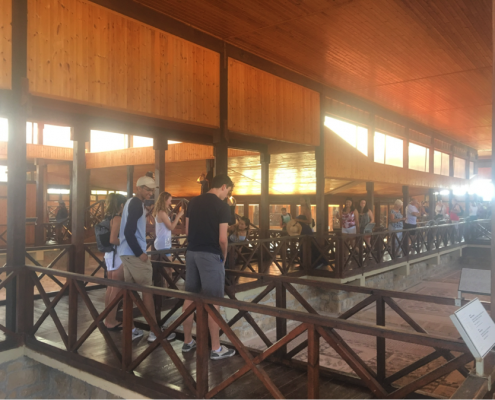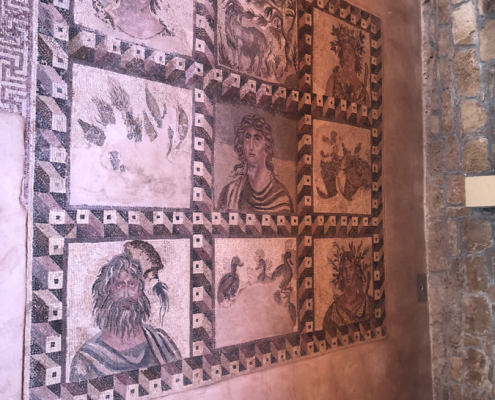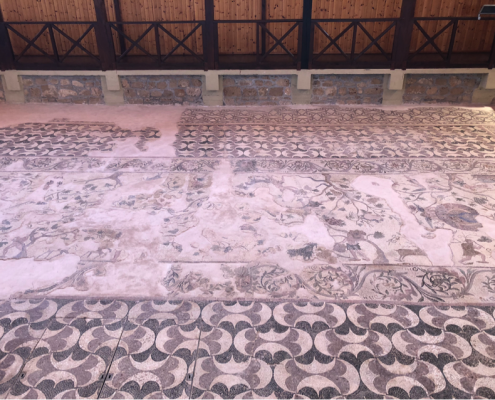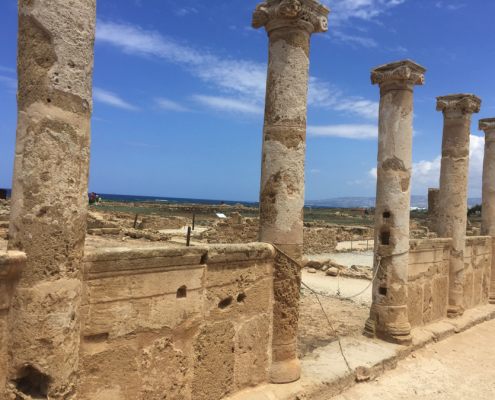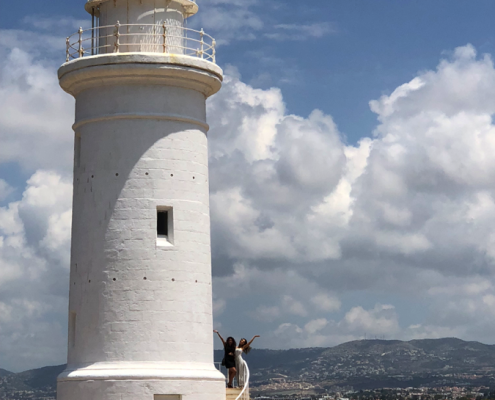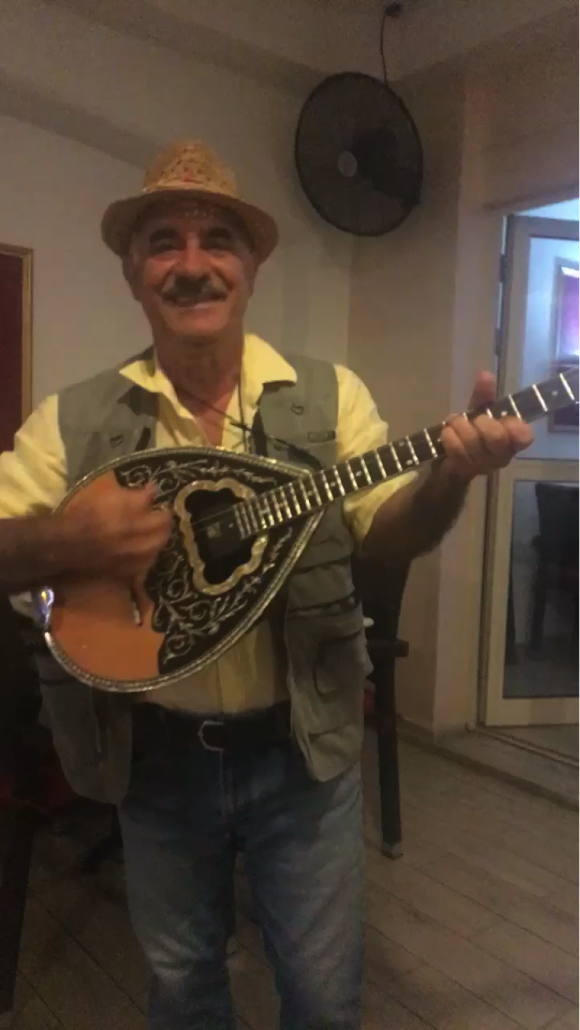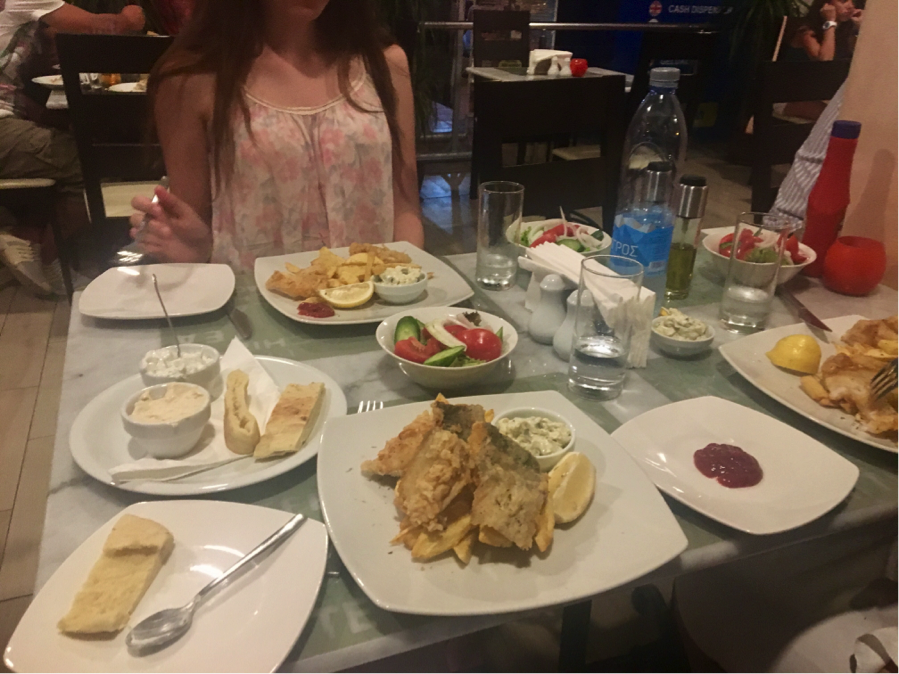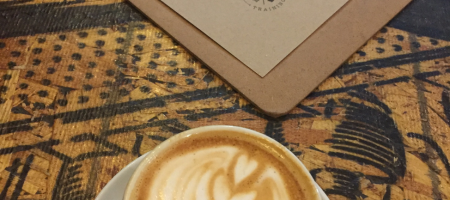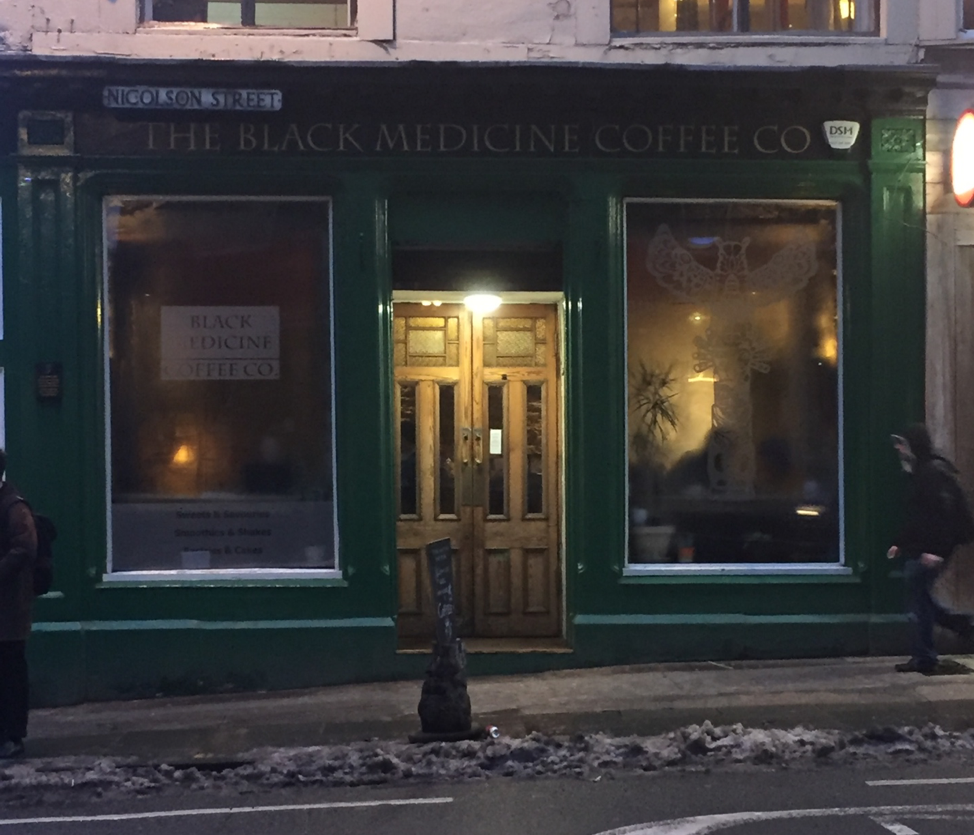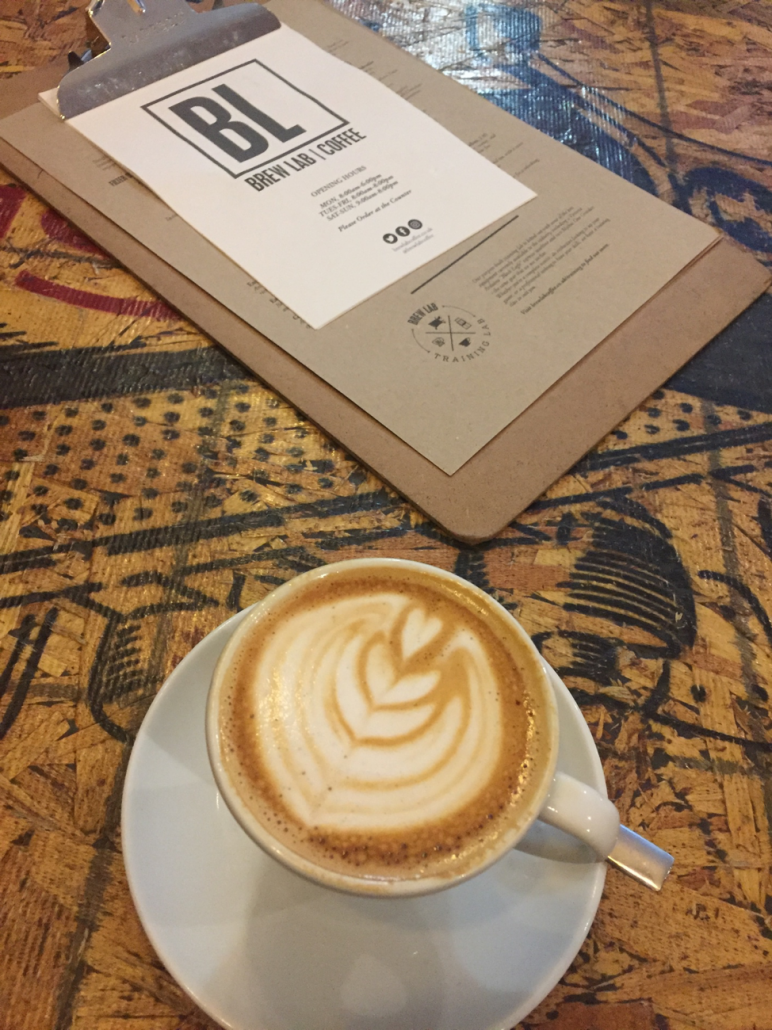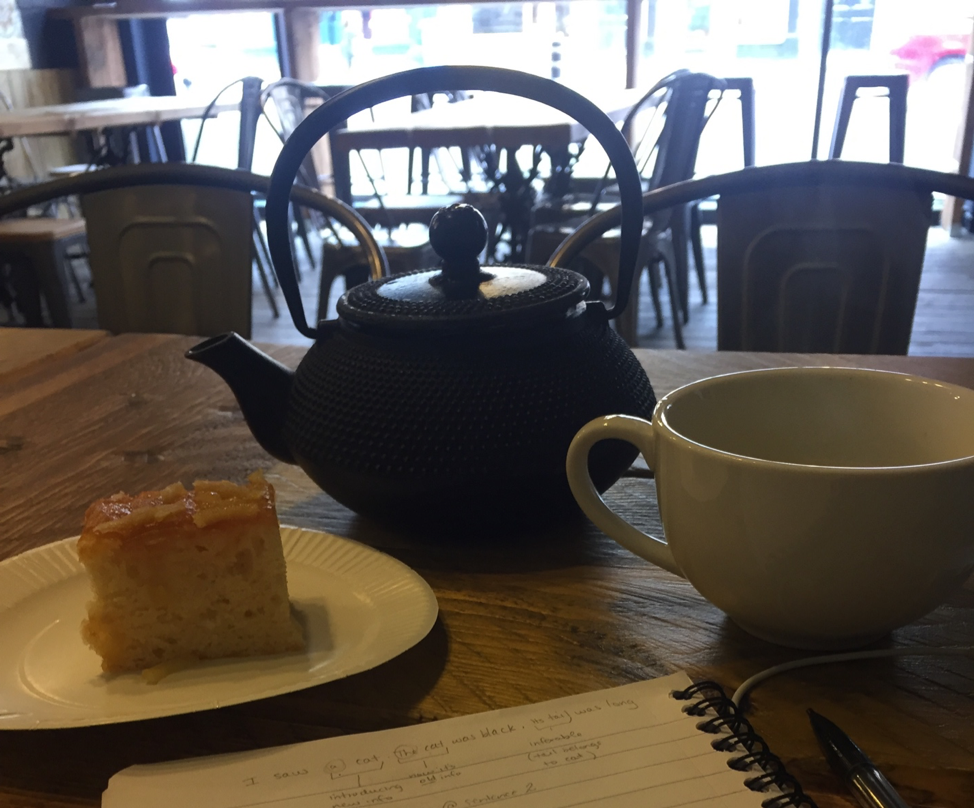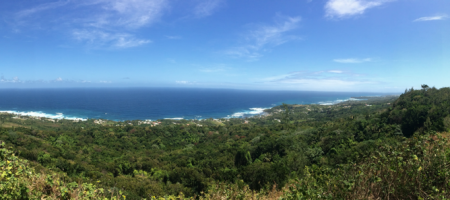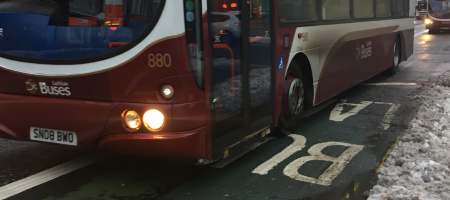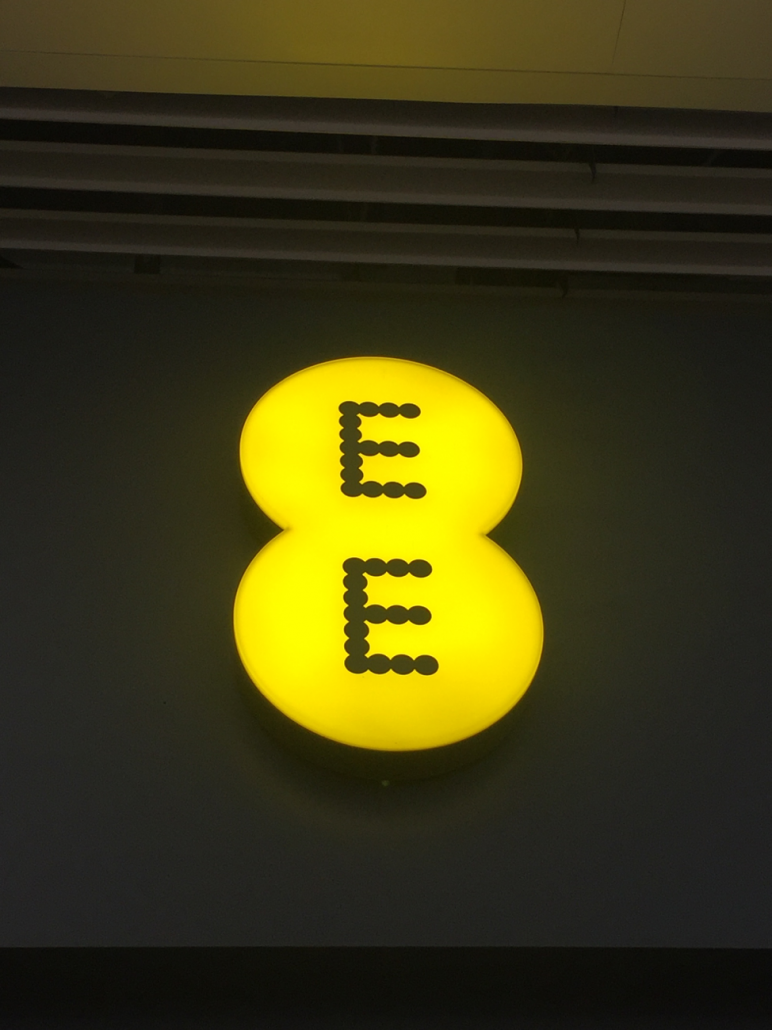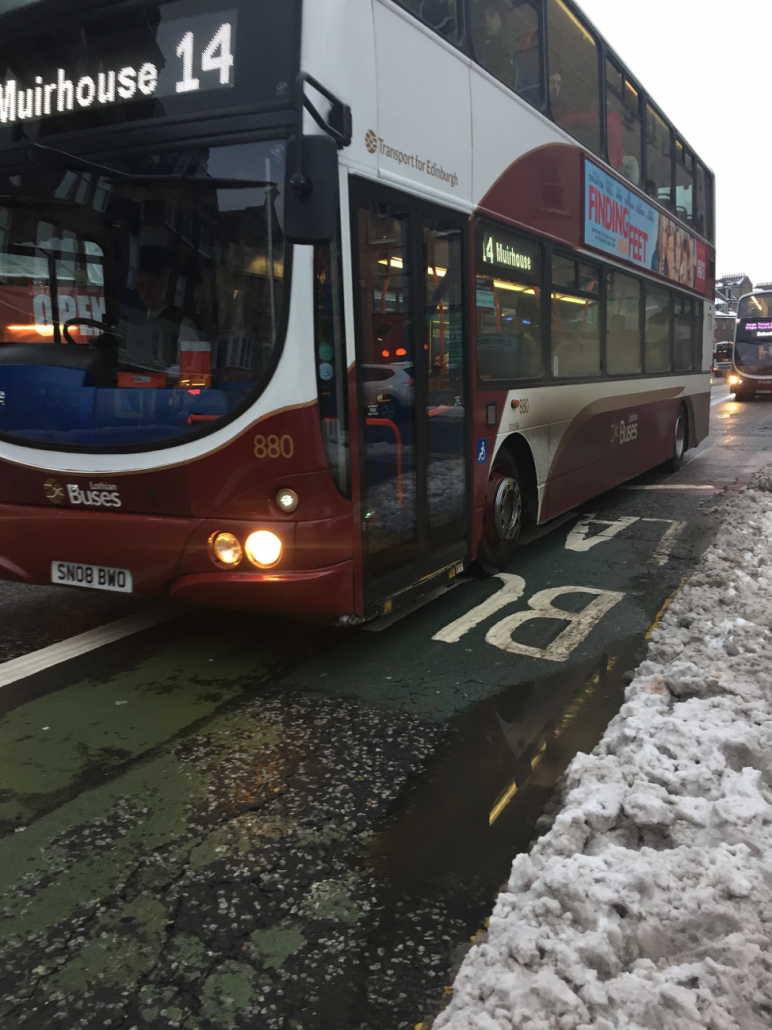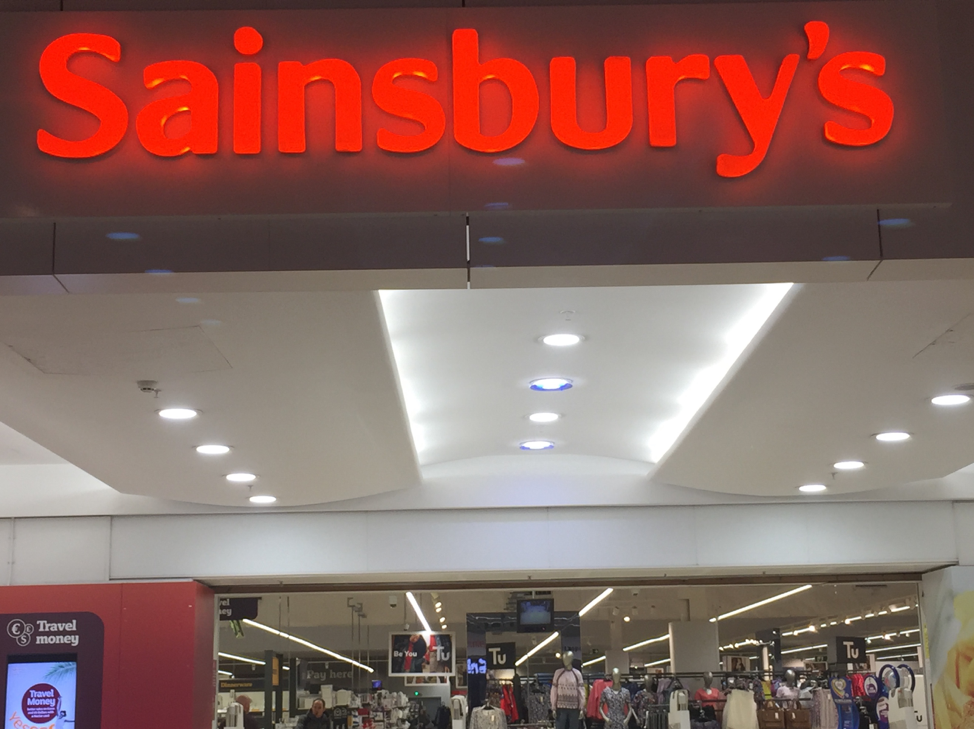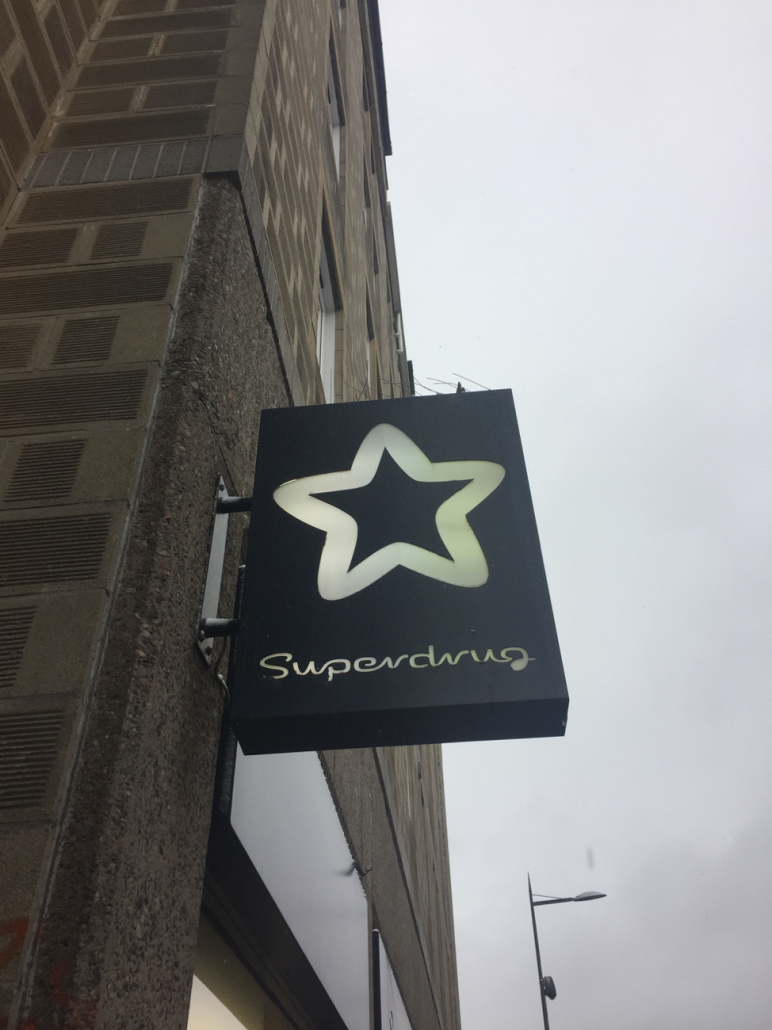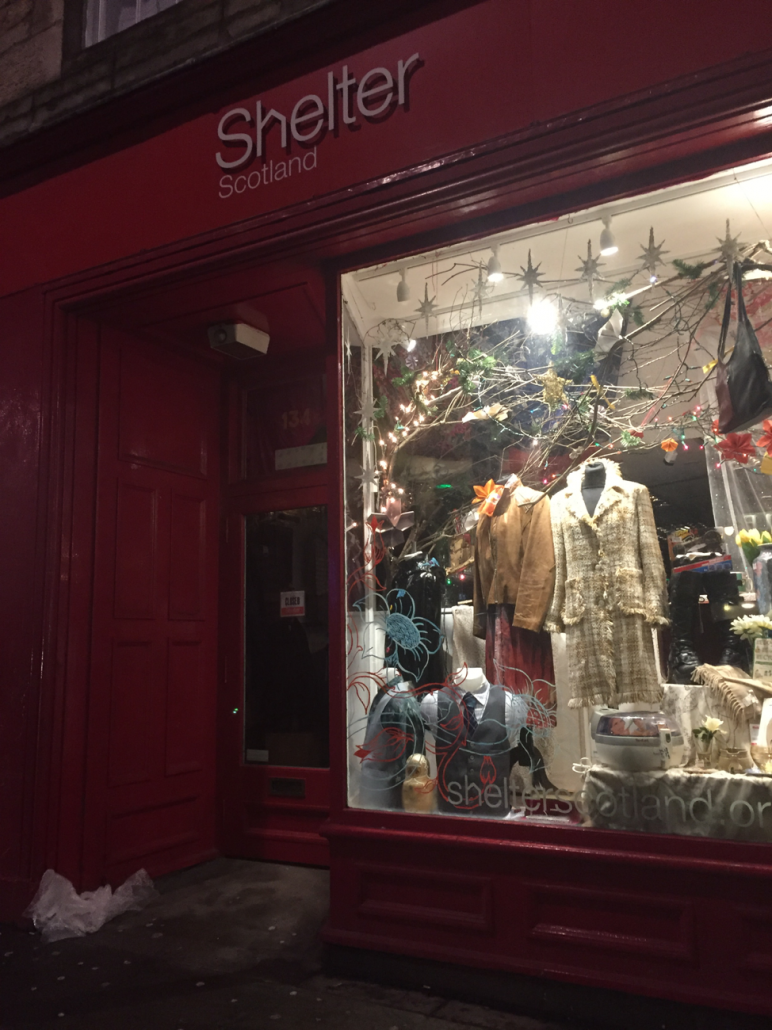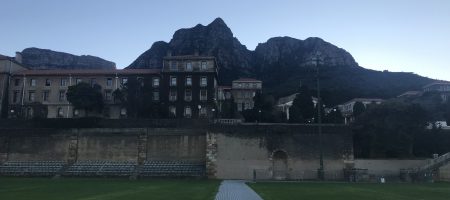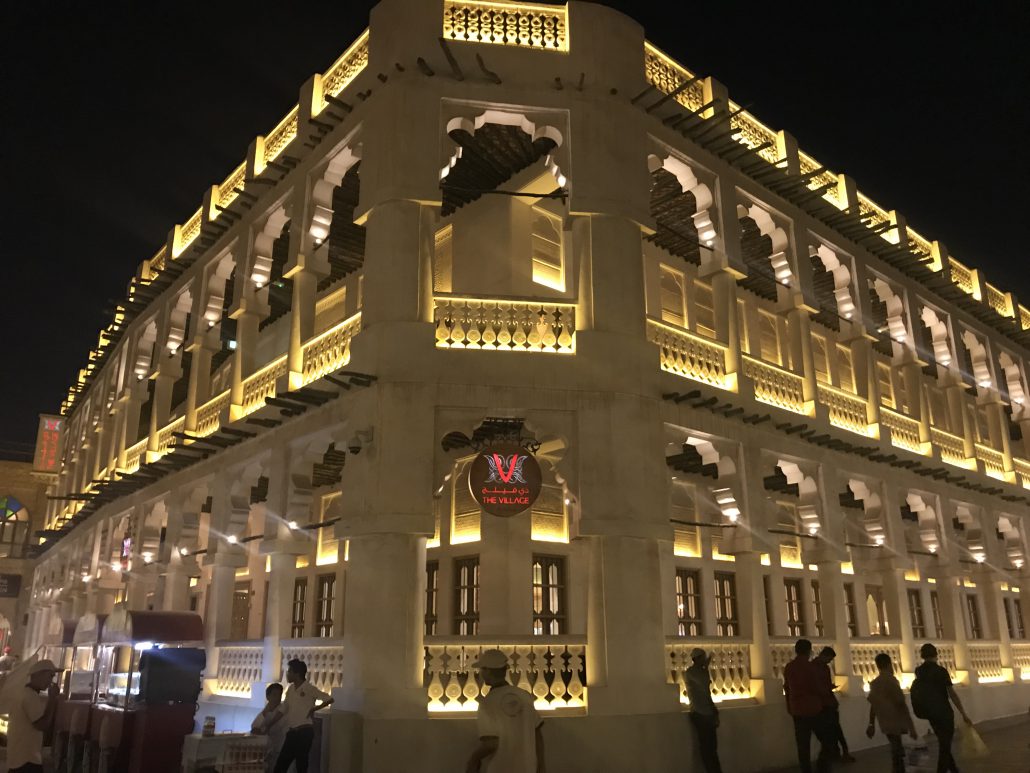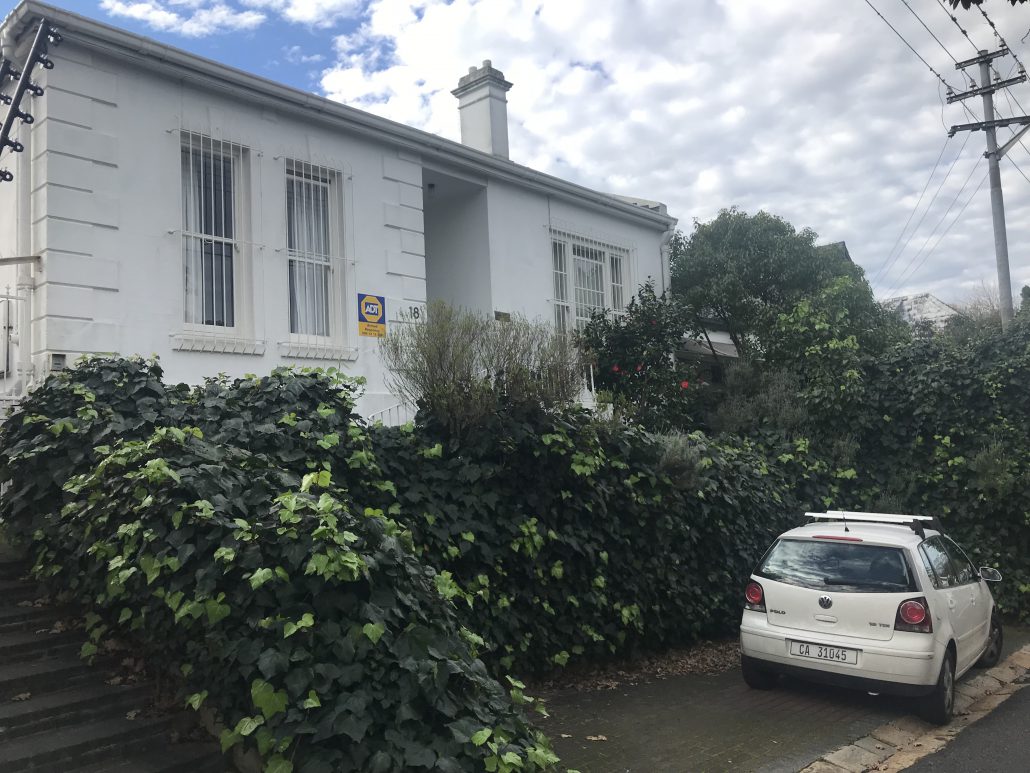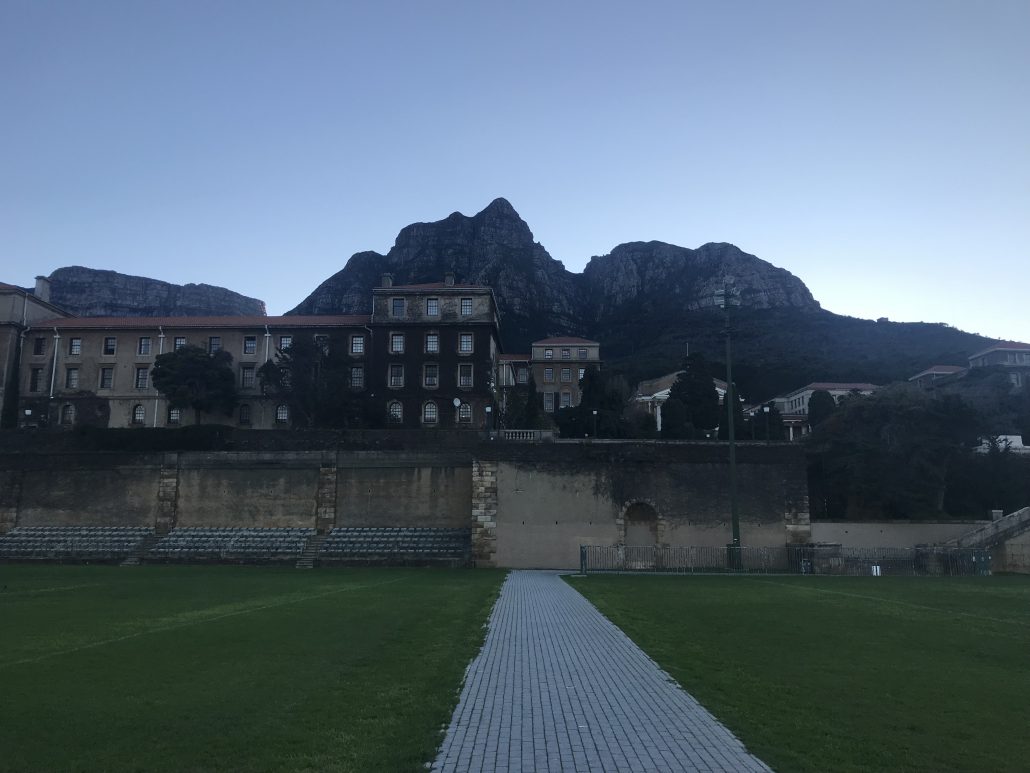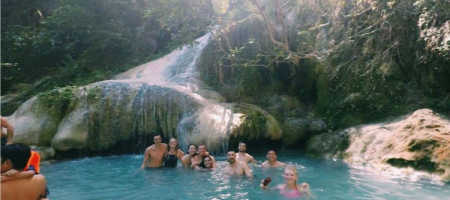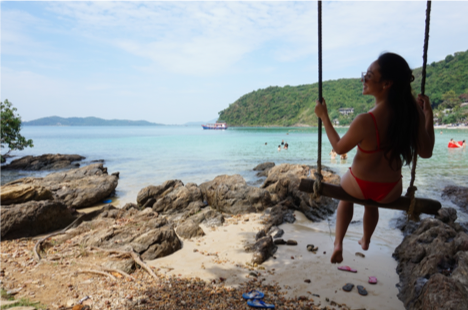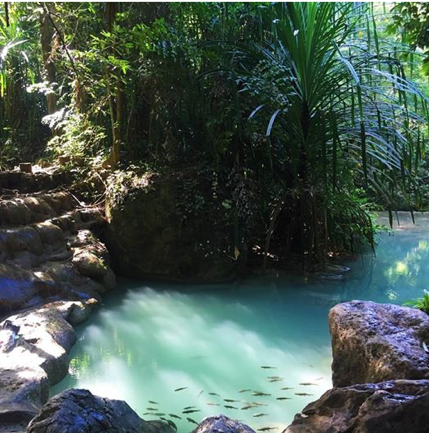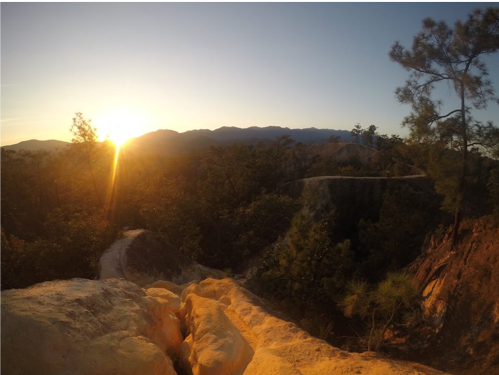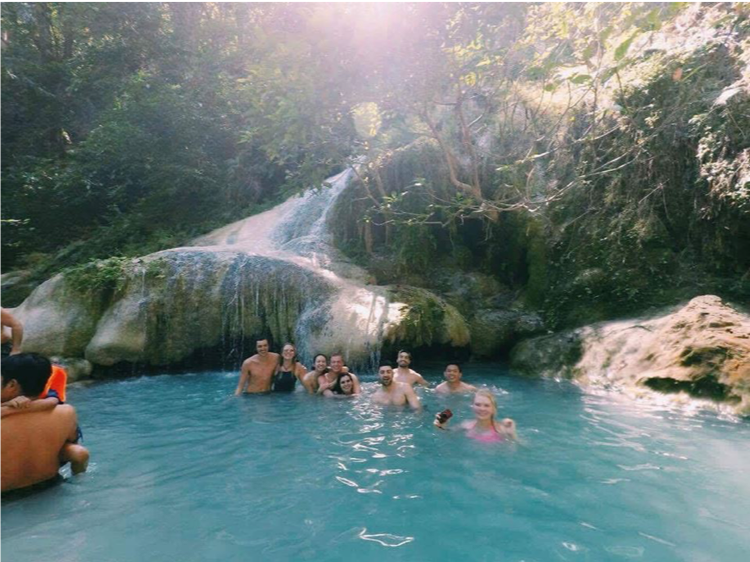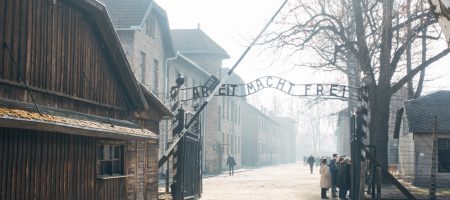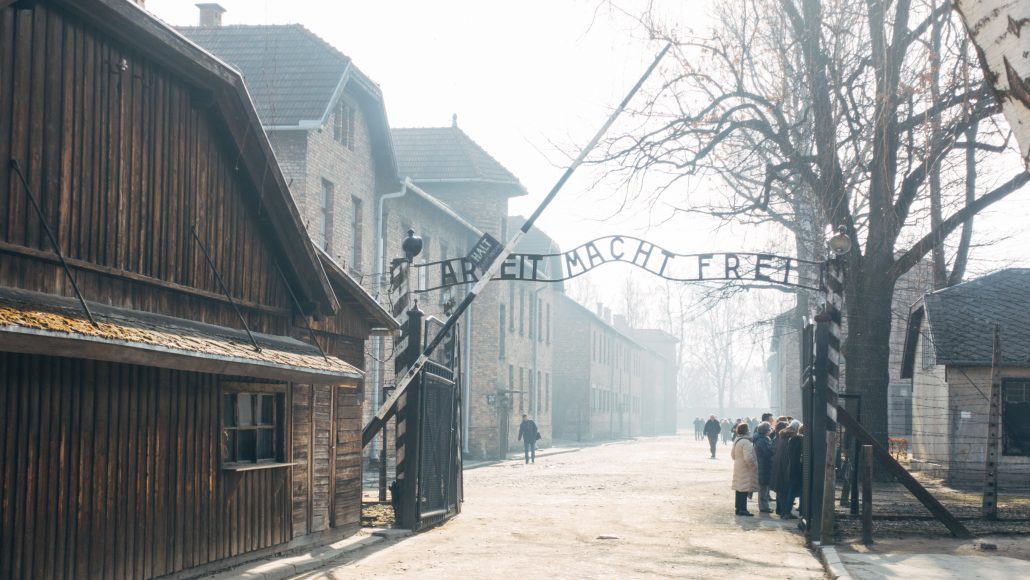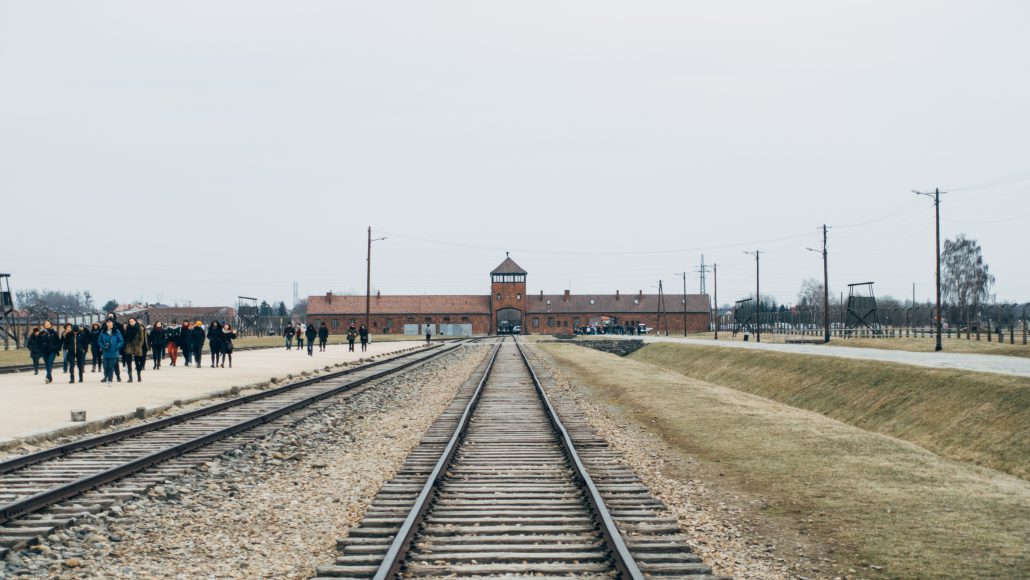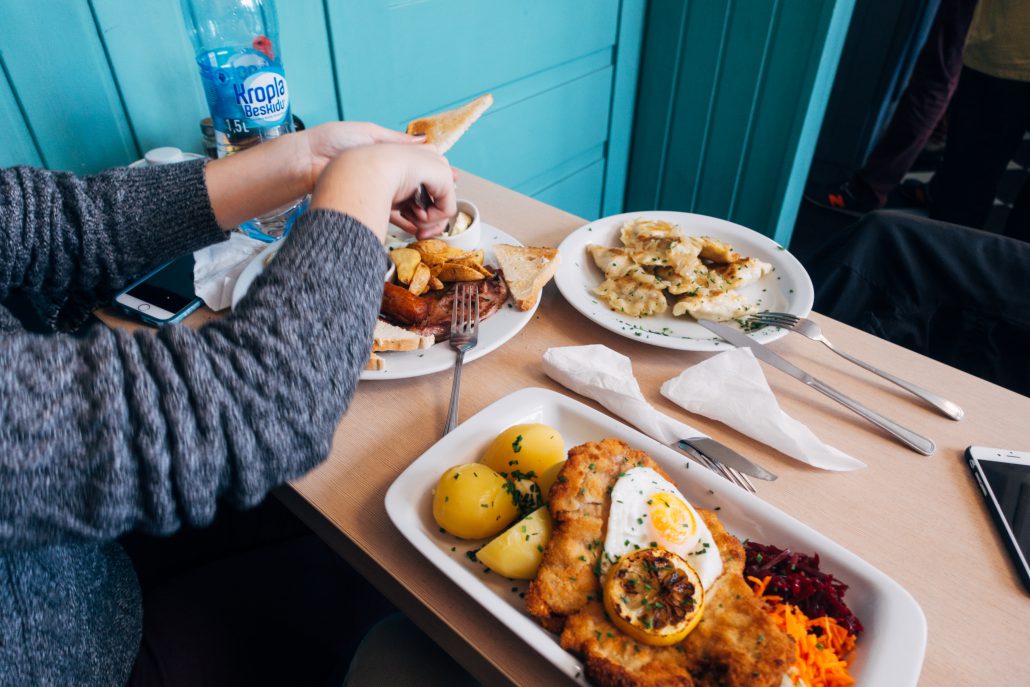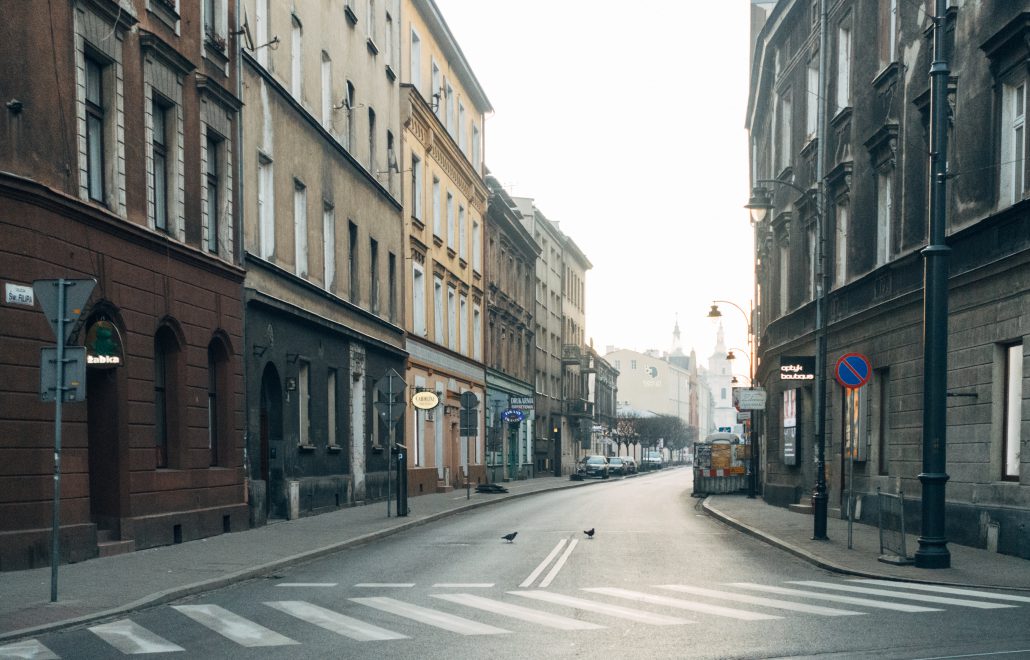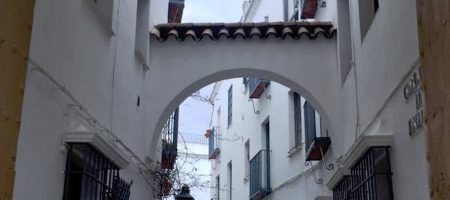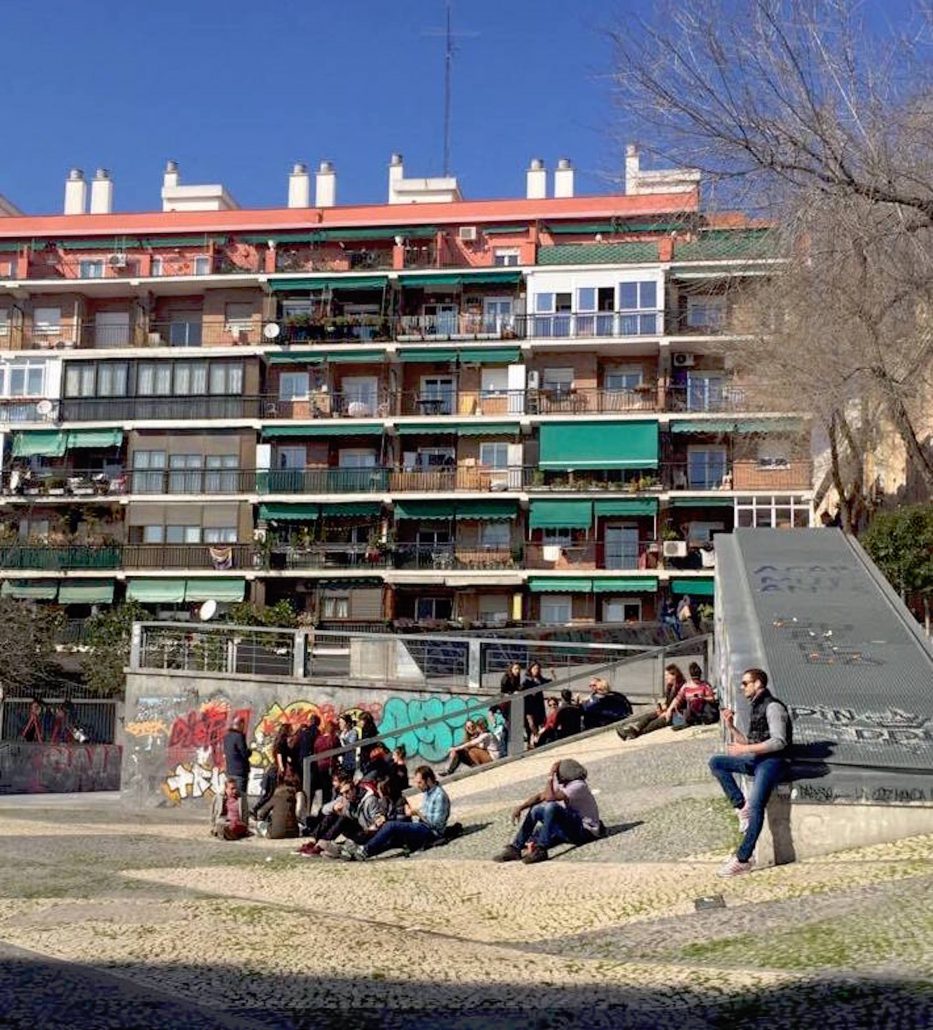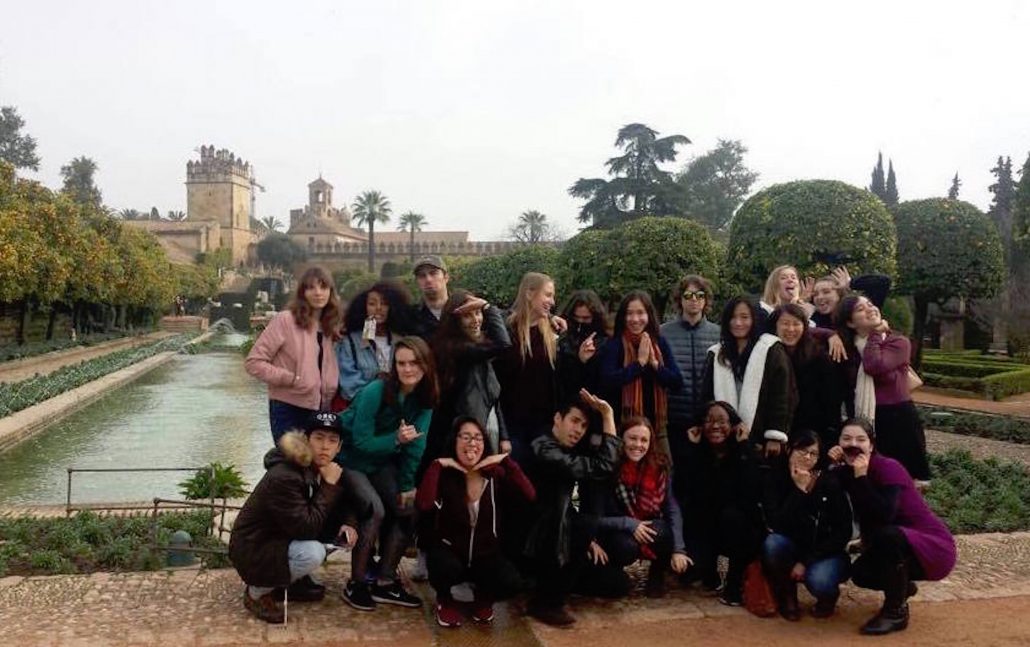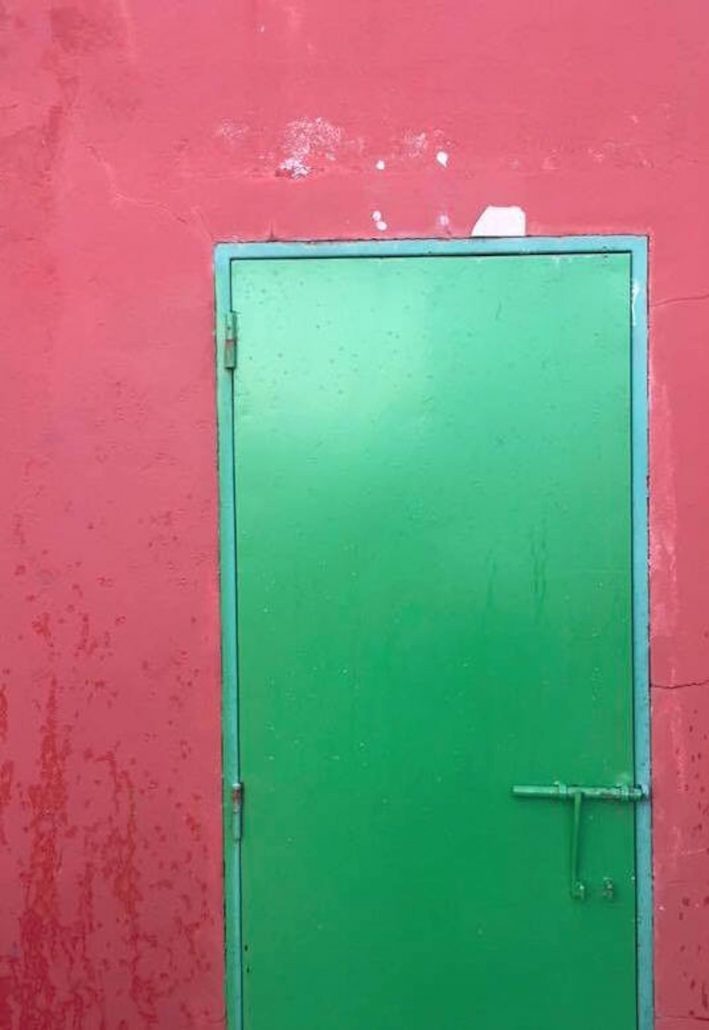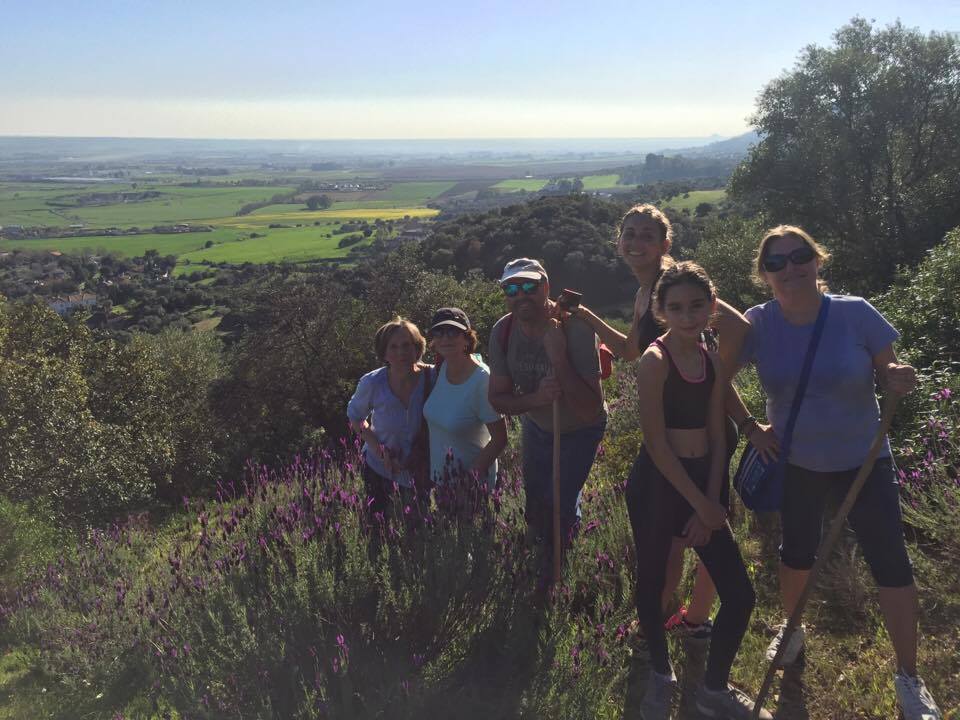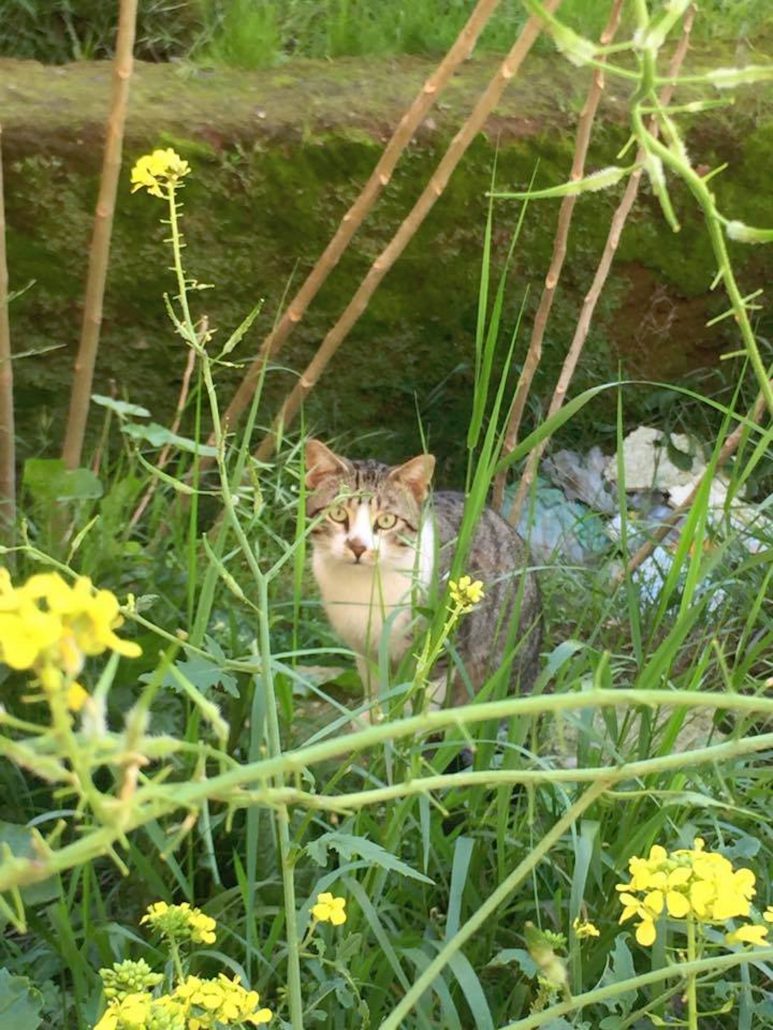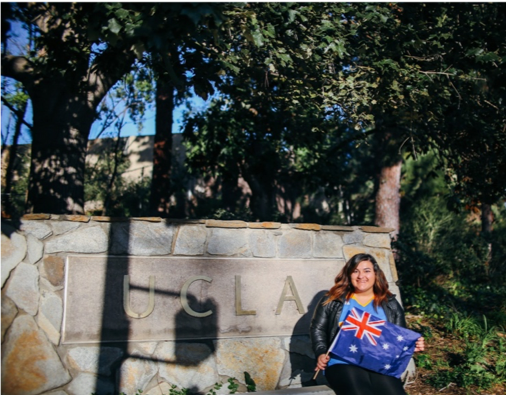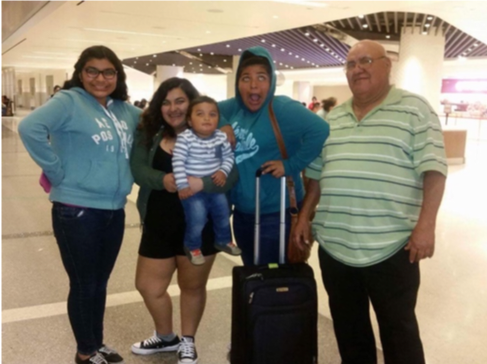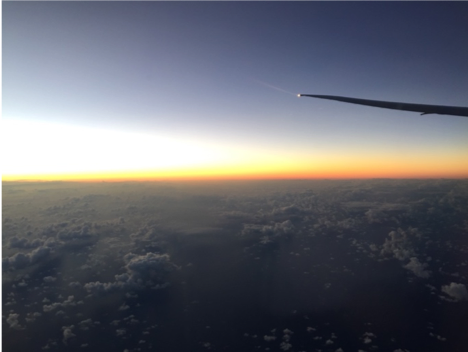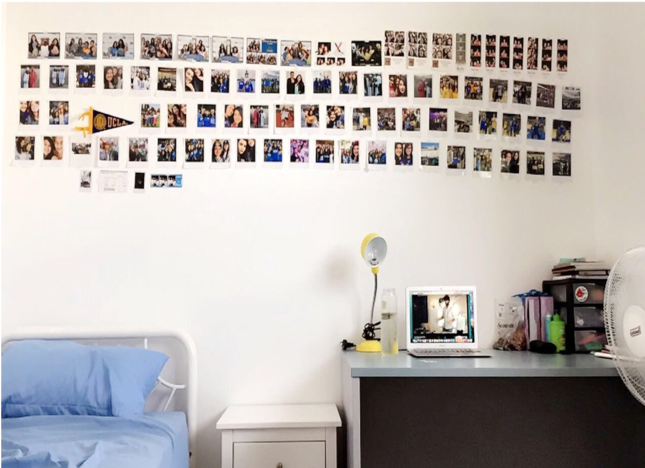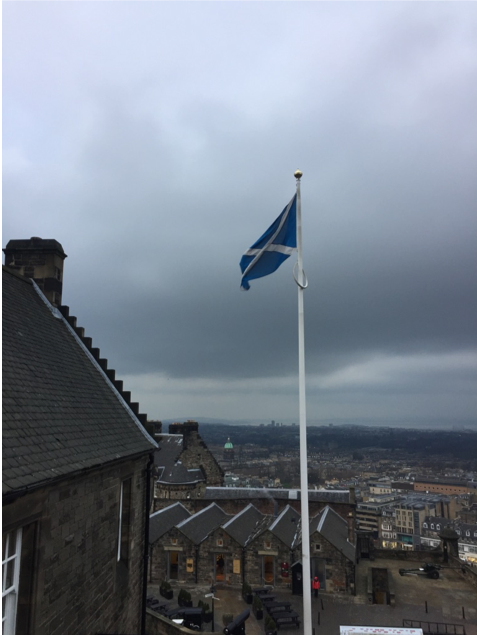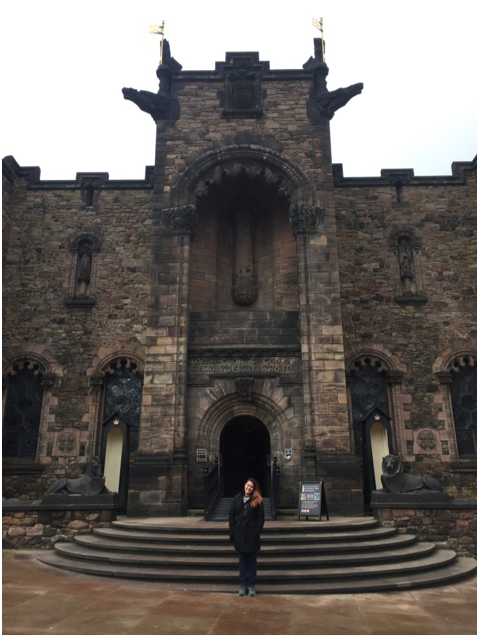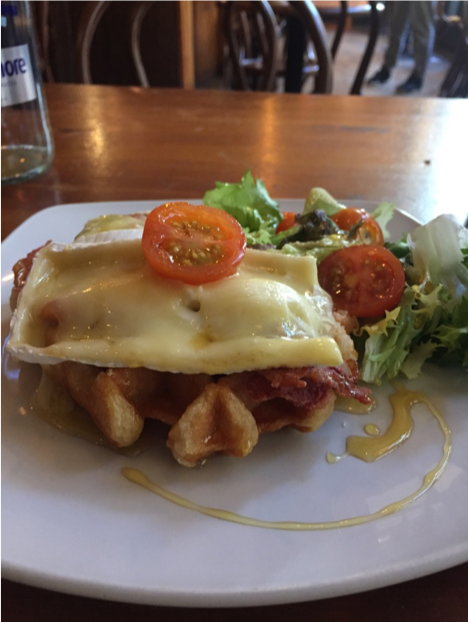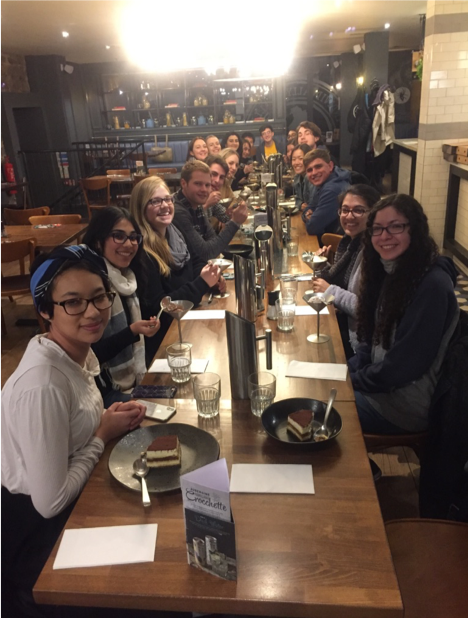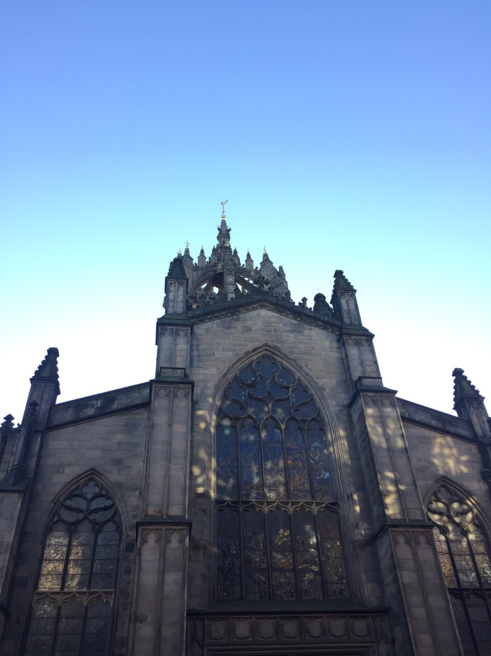BY ANGELA HOWARD
- The Golden Rule: No matter where you go, you will have a life changing experience.
I’ve lived in Germany, Ghana, and Barbados for extended periods of time. Three drastically different countries that speak different languages, are in different regions, and have completely different cultures. I’ve learned more about myself in the 6-12 months spent in each country than I had in years back in California. No experience is better or worse, they are all just different.
- Your food and people preferences will change.
Before leaving California, I was almost solely attracted to tall, lean Caucasian men (think baseball pitchers); however, now I find my preferences are all over the place. I also used to hate canned tuna, lettuce, black beans, plantains, and a wide variety of other foods that have now become a part of my daily diet.
- It’s possible to make a long-distance relationship work, but it can take away from your experiences.
I have been in a relationship with my boyfriend for the past four years. Three of the four years, we have been in a long-distance relationship (LDR). Fortunately for me (if you can call it “being fortunate”), I am already accustomed to not seeing him for months at a time so the biggest change for us has been living in different time zones; however, if LDR is new for you, be careful not to spend all your time locked in your room Facetiming/Skyping/Whatsapp-ing your better half. If it’s meant to be, it will work out in the end.
- You will learn what it means to be open-minded.
Even if you consider yourself to be open minded, this term will take on a whole new meaning. I find this to be if you live in a rural area on exchange, or in a third world country. People are different, food is different, daily life is different. And that’s just it, none of it is weird. It’s just different.
- Things that once seemed totally different to you have become completely normalized.
This has become a huge problem for me when telling stories about my traveling experiences. I might be telling a funny story about a bus ride I took, or a shopping experience, but I will make the mistake of mentioning an extraneous detail in passing (such as mentioning the monkeys who live in my neighborhood), and the listener will completely forget the point of my story and they will become completely fixated on the extraneous detail. The conversation usually goes something like this:
Angie: “As Rita and I passed the monkey who lives in the tree across the street from our house we…”
Listener: “OH MY GOSH A MONKEY LIVES IN THE TREE ACROSS THE STREET FROM YOU!? WHAT’S THAT LIKE!?”
Angie: “Well, honestly, monkeys screech randomly all the time and often keep me up at night, but that really wasn’t what I was trying to tell you about…”
Listener: “But what are the monkeys like!? Do you pet them!?”
Angie: *sigh*
- You learn to be flexible.
In Ghana, we often didn’t have running water. We “solved” this problem by filling up buckets with water when it was running so that we would have a reserve supply. With our “bucket water” we could take “bucket showers,” flush the toilet, and even hand wash out clothes. It wasn’t ideal, but we made it work. We were being flexible.
- You learn to appreciate the little things.
When I came home from living in Germany, people would ask me, “Angie, what’s the biggest difference between California and Germany?” Obviously, the first thing that came to mind was that in Germany, people speak German. But before moving to Germany, I knew people would speak German so I mentally prepared myself for it. I wasn’t prepared for teenagers to talk about their sex lives over dinner with their parents. In Ghana, I wasn’t prepared for people to stop me on the street and ask me what my religious affiliation was and then be told why my beliefs are wrong. In Barbados, I wasn’t prepared to not be able to understand a single word spoken by some of my professors (even though they are technically speaking English). It’s all in the little things. The little things are the hardest to transition into because you cannot prepare for them, but they are also what makes your new country feel like home.
- The unofficial meaning of the term “third world country” is VERY subjective.
Formally a “third world country” is a country whose views are not aligned with NATO and capitalism. Informally the term “third world country” is used to describe developing nations, or as Urban Dictionary puts it “A country where McDonalds is not found.” The hashtag “#firstworldproblems” has become very common when people complain about things that are not “real” problems such as a barista putting the improper expresso shot amounts in a coffee drink. Before studying abroad in Ghana and Barbados, I incorrectly assumed that all countries with the label “third world” would be underdeveloped within similar levels. This is not the case at all. Even while living in the capital of Ghana, we frequently experienced no running water and rolling blackouts. While visiting Johannesburg, South Africa (another major city in a third world country), parts of the city made me feel like I was back in Los Angeles, whereas other parts made me feel like I was back in Ghana again. Barbados feels like I’m halfway in the U.S. in halfway in an undeveloped nation. I have drinkable tap water and electricity, but there are also very few sidewalks and at one point we got two flat tires from the same pot hole because the road infrastructure is so poor. There is so much variability when using the term “developing nation.”
- Some of the coolest people you meet will also be international students/travellers.
Have you ever heard the expression “birds of a feather flock together?” International students and travellers alike attract each other because they have core personality traits in common such as independence, flexibility, and a sense for adventure. Just try not to spend too much time with other travellers so that you have a chance to get to know the locals as well!
- Home is where your heart is, and my heart is in California, Germany, Ghana, and Barbados.
